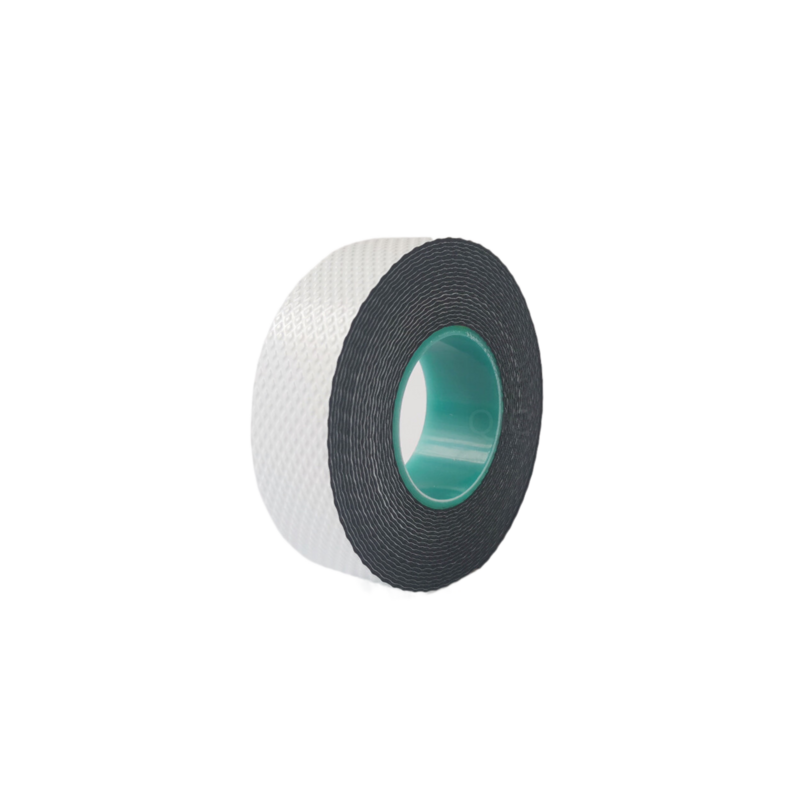Understanding Electrical Cotton Tape Its Use and Benefits
Electrical cotton tape is a specialized insulating tape that is widely used in various electrical applications. Made from high-quality cotton fabric and coated with an insulating adhesive, this tape offers excellent insulation properties, flexibility, and durability. It is particularly favored in the electrical industry due to its ability to withstand high temperatures and its resistance to wear and tear.
One of the primary uses of electrical cotton tape is for insulating electrical wires and cables. When connecting wires in electrical systems, the risk of short circuits and electric shocks is a significant concern. Applying this cotton tape around exposed wire connections creates a reliable barrier, preventing unexpected shocks and ensuring the safety of both equipment and personnel. Unlike plastic or PVC tapes, cotton tape can maintain its insulation properties even in harsh conditions, making it suitable for outdoor and high-temperature applications.
Another notable benefit of electrical cotton tape is its versatility. Aside from electrical insulation, it can be used for various purposes, such as wrapping and bundling cables, securing components, and protecting delicate surfaces from scratches and damage. Its cloth texture allows it to conform easily to different shapes and surfaces, providing a snug and secure fit. This feature is crucial in intricate electrical repairs or installations where precision is required.
The adhesive used in electrical cotton tape is designed to provide a strong bond while remaining easy to remove when necessary. This means that technicians can reposition or remove the tape without leaving a sticky residue on surfaces or damaging the underlying materials. This property is particularly beneficial in industries where frequent maintenance or upgrades are needed.
electrical cotton tape

Moreover, electrical cotton tape is often recognized for its environmentally friendly characteristics. Since it is made from natural fibers, it is biodegradable and less harmful to the environment compared to synthetic alternatives. As more industries strive for sustainability, the use of eco-friendly materials like electrical cotton tape aligns with these initiatives and can significantly contribute to reducing the carbon footprint.
In addition to its environmental benefits, electrical cotton tape is also available in various colors. This feature enhances its usability in organizing and identifying wires and cables. Different colors can be used to represent different circuits or functions within an electrical system, allowing for easier maintenance and troubleshooting. The color-coding offers a visual reference that can save time and reduce errors during repairs or upgrades.
Furthermore, electrical cotton tape has a long shelf life and is resistant to aging, which makes it an invaluable resource in any toolbox or workshop. Whether in commercial settings, such as factories and construction sites, or residential applications, having a reliable supply of electrical cotton tape can make a significant difference in ensuring the safety and efficiency of electrical systems.
In conclusion, electrical cotton tape is a vital tool in the realm of electrical work. Its insulating properties, versatility, eco-friendliness, and ease of use make it an essential component for electricians and DIY enthusiasts alike. Whether you're wrapping cables, insulating wires, or organizing your electrical toolkit, investing in high-quality electrical cotton tape will undoubtedly enhance safety and efficiency in your projects. Understanding its features and applications can open up new possibilities for more effective and reliable electrical work, ultimately contributing to a more robust and safer electrical infrastructure.
-
XIANGFAN Rubber Tape-Ultimate Solutions for All Your Insulation NeedsNewsJun.24,2025
-
XIANGFAN Rubber Tape-Protection for Industrial and Residential ApplicationsNewsJun.24,2025
-
XIANGFAN Rubber Tape: Superior Safety and Sealing for Demanding EnvironmentsNewsJun.24,2025
-
XIANGFAN Rubber Tape: Reliable Solutions for Every Electrical ChallengeNewsJun.24,2025
-
XIANGFAN Electrical & Industrial Tape: Powering Reliability Across IndustriesNewsJun.24,2025
-
XIANGFAN Electrical & Industrial Tape: Excellence in Every ApplicationNewsJun.24,2025
